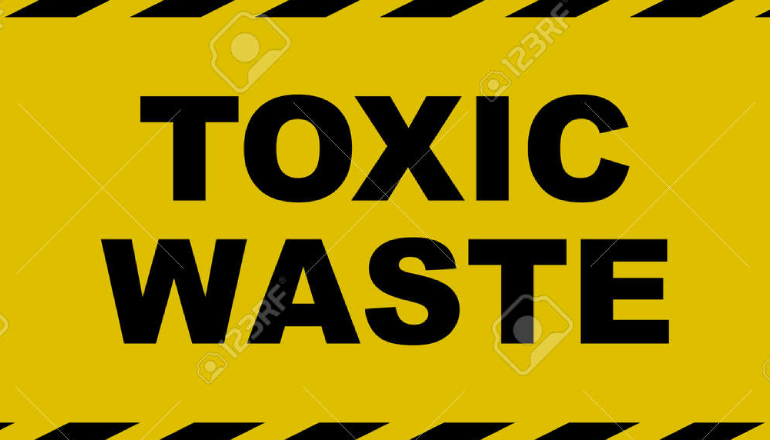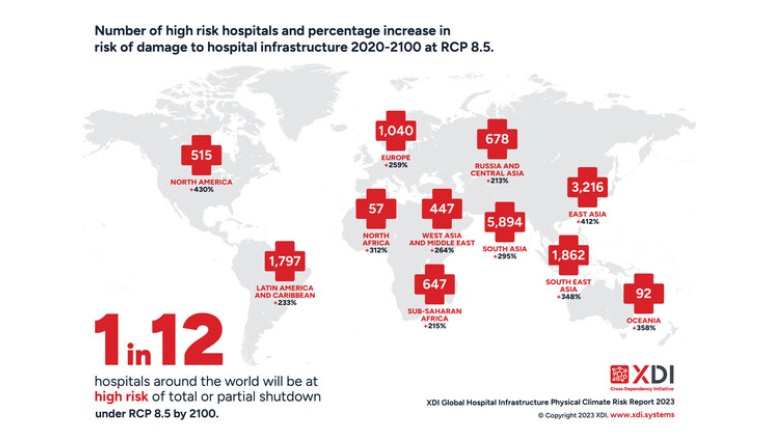The Global Framework on Chemicals outlines specific goals and rules for key industries throughout the chemical lifecycle. The framework was adopted at the fifth international conference on chemicals management, in Bonn, Germany.
Key highlights of the framework:
The framework was formed for a planet free of harm from chemicals and waste. It was established through a collaborative international negotiation process involving government, private sector, NGOs, youth, and academia.
The global framework on chemicals:
• Is built around 28 targets, provides a road map for nations and stakeholders to work together to address the chemical lifecycle, including products and waste
• Aims to eliminate hazardous pesticides from agricultural use by 2035
• Prevent illegal trade, implement national legal frameworks, switch to safer chemical substitutes, manage chemicals responsibly, and improve transparency and information access
Stakeholder commitments:
Pollution and waste are now acknowledged on an equal footing with the crises of climate change, nature loss, and biodiversity loss, which already have frameworks in place, following the adoption of the Global Framework on Chemicals.
The Bonn Declaration, adopted by ICCM5 participants, reaffirms their commitment to prevent harmful chemicals exposure, phase out harmful ones, and improve safe chemical management.
In their pledge support circular economy, they will develop safe alternatives, reduce waste, recycle without harmful chemicals, and promote efficient resource utilization.
According to a press release, the UNEP will manage a fund for the implementation of the framework. Germany has already pledged €20 million toward the framework.
Inger Andersen, Executive Director, UN Environment Programme, advocates for a safe, healthy, and sustainable future without chemical exposure. “Beating a target is better than meeting a target, so I call on governments, the chemicals industry, and everyone involved to go above and beyond what has been agreed to protect people and the planet upon which we all depend. Slow or shoddy implementation will haunt us in the end,” she said.










